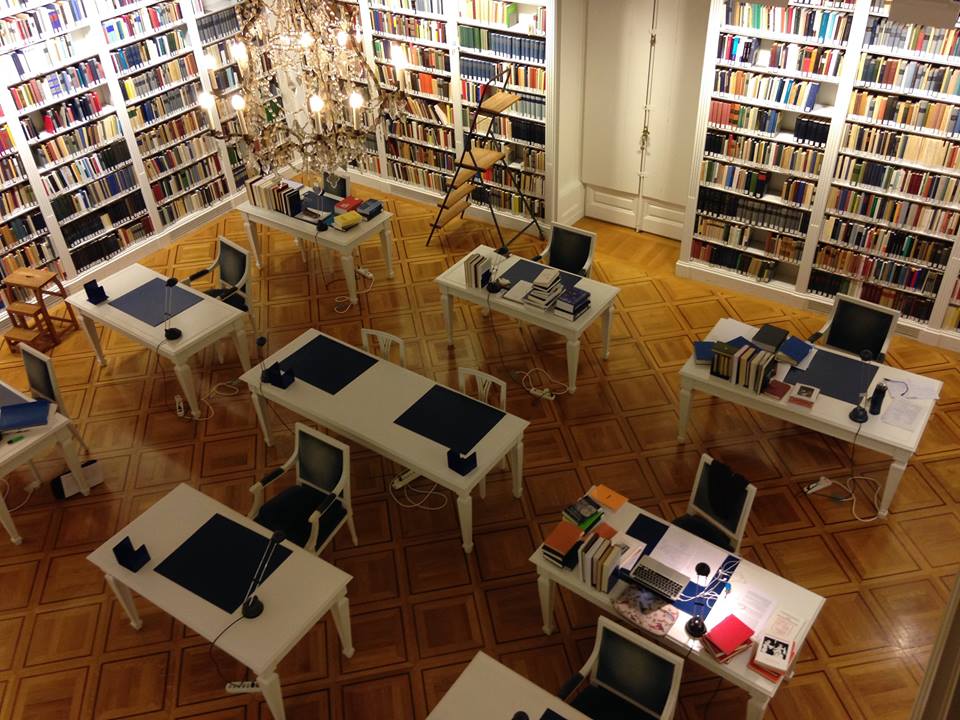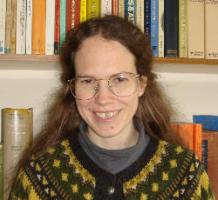The Hardt Foundation for the Study of Classical Antiquity in Vandoeuvres near Geneva is well-known among classicists for their excellent library, annual research conferences organised by world-leading experts in their fields, and the Entretiens collection of volumes covering particular topics about the ancient world. But perhaps even more important is the peaceful and friendly environment that helps researchers to concentrate on their work. Last year, I was awarded The Hardt Foundation Research Scholarship for young researchers and had the opportunity to spend two weeks in the Foundation estate in Vandoeuvres enjoying the fresh mountain air and the beautiful lake Geneva views, and, of course, working hard.
In particular, I was writing a chapter of my thesis on the representations of ritual space in Greek comedy. The final stage of work required a lot of attention and concentration to put all the material together and to provide the analysis with the conceptual framework. In that respect, I benefited a lot from my research stay at the Foundation library. I had a chance to consult all necessary commentaries and editions of Greek authors as well as secondary literature on my subject which proved to be – together with a truly productive lifestyle – particularly fruitful for writing up the piece.
I also prepared for publication a research output related to the topic of space in Greek comedy. This was a paper `Performing sacred landscape: worship and praise of land in Greek drama’ for an Oxbow volume of collected papers. In this article I consider direct addresses to land and landscape in Greek tragedies and comedies in the context of the Greek lyric tradition of cultic hymns. I study the function of these addresses within the dramatic plays and I discuss their role in constructing the identity of the audience through investing spaces with religious meanings.
I found the Hardt Foundation ideal for writing and thinking about my current work. At the same time it was great pleasure to meet other researchers and PhD students from all over Europe, as well as the director of the Foundation, ancient Greek historian and archaeologist Pierre Ducrey, the scientific secretary Gary and the maître d‘hôtel Heidi who prepared delightful meals that brought everyone together to share and discuss inspiring research ideas.

















